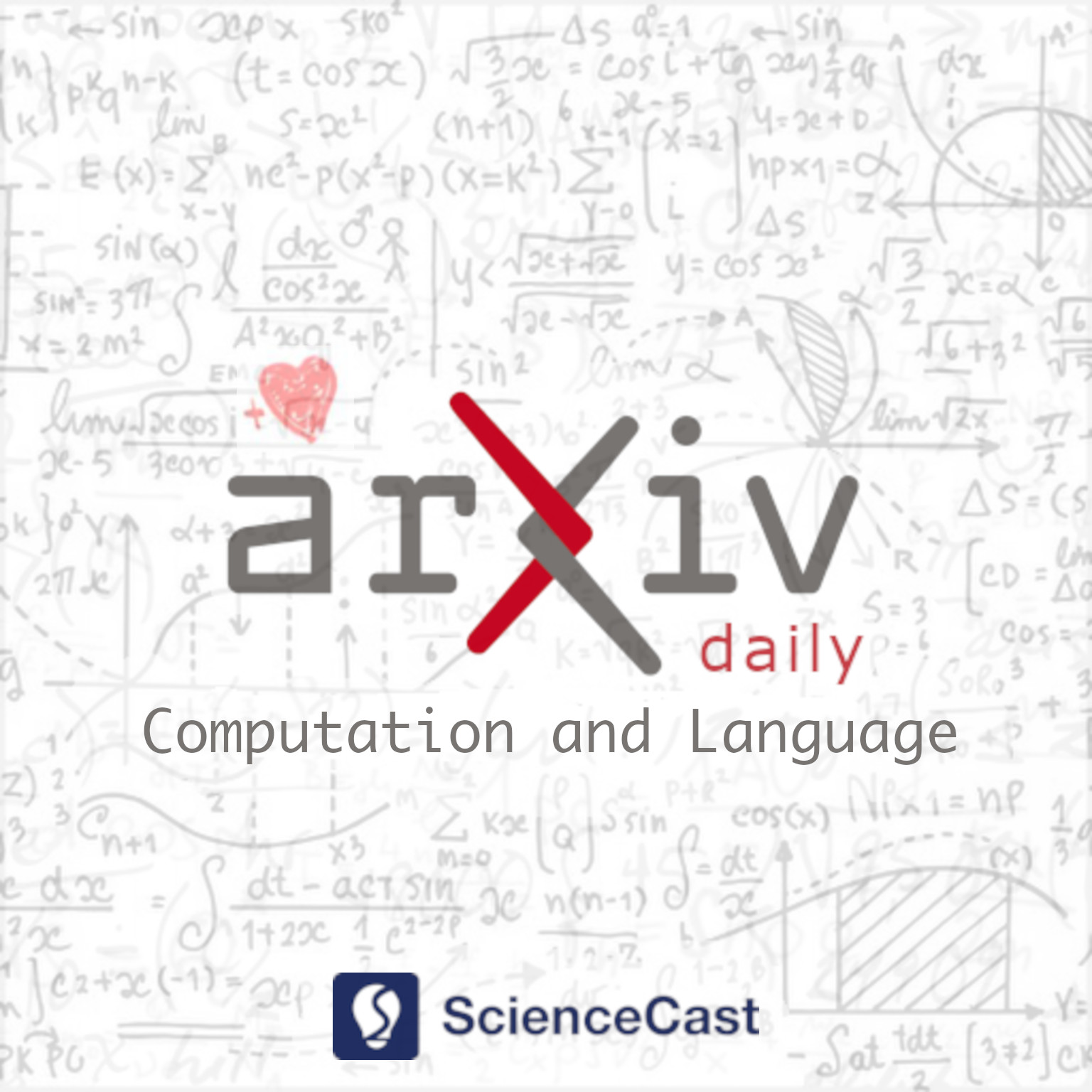
Computation and Language (cs.CL)
Tue, 04 Jul 2023
1.Modeling Tag Prediction based on Question Tagging Behavior Analysis of CommunityQA Platform Users
Authors:Kuntal Kumar Pal, Michael Gamon, Nirupama Chandrasekaran, Silviu Cucerzan
Abstract: In community question-answering platforms, tags play essential roles in effective information organization and retrieval, better question routing, faster response to questions, and assessment of topic popularity. Hence, automatic assistance for predicting and suggesting tags for posts is of high utility to users of such platforms. To develop better tag prediction across diverse communities and domains, we performed a thorough analysis of users' tagging behavior in 17 StackExchange communities. We found various common inherent properties of this behavior in those diverse domains. We used the findings to develop a flexible neural tag prediction architecture, which predicts both popular tags and more granular tags for each question. Our extensive experiments and obtained performance show the effectiveness of our model
2.On Conditional and Compositional Language Model Differentiable Prompting
Authors:Jonathan Pilault, Can Liu, Mohit Bansal, Markus Dreyer
Abstract: Prompts have been shown to be an effective method to adapt a frozen Pretrained Language Model (PLM) to perform well on downstream tasks. Prompts can be represented by a human-engineered word sequence or by a learned continuous embedding. In this work, we investigate conditional and compositional differentiable prompting. We propose a new model, Prompt Production System (PRopS), which learns to transform task instructions or input metadata, into continuous prompts that elicit task-specific outputs from the PLM. Our model uses a modular network structure based on our neural formulation of Production Systems, which allows the model to learn discrete rules -- neural functions that learn to specialize in transforming particular prompt input patterns, making it suitable for compositional transfer learning and few-shot learning. We present extensive empirical and theoretical analysis and show that PRopS consistently surpasses other PLM adaptation techniques, and often improves upon fully fine-tuned models, on compositional generalization tasks, controllable summarization and multilingual translation, while needing fewer trainable parameters.
3.ReactIE: Enhancing Chemical Reaction Extraction with Weak Supervision
Authors:Ming Zhong, Siru Ouyang, Minhao Jiang, Vivian Hu, Yizhu Jiao, Xuan Wang, Jiawei Han
Abstract: Structured chemical reaction information plays a vital role for chemists engaged in laboratory work and advanced endeavors such as computer-aided drug design. Despite the importance of extracting structured reactions from scientific literature, data annotation for this purpose is cost-prohibitive due to the significant labor required from domain experts. Consequently, the scarcity of sufficient training data poses an obstacle to the progress of related models in this domain. In this paper, we propose ReactIE, which combines two weakly supervised approaches for pre-training. Our method utilizes frequent patterns within the text as linguistic cues to identify specific characteristics of chemical reactions. Additionally, we adopt synthetic data from patent records as distant supervision to incorporate domain knowledge into the model. Experiments demonstrate that ReactIE achieves substantial improvements and outperforms all existing baselines.
4.Diverse Retrieval-Augmented In-Context Learning for Dialogue State Tracking
Authors:Brendan King, Jeffrey Flanigan
Abstract: There has been significant interest in zero and few-shot learning for dialogue state tracking (DST) due to the high cost of collecting and annotating task-oriented dialogues. Recent work has demonstrated that in-context learning requires very little data and zero parameter updates, and even outperforms trained methods in the few-shot setting (Hu et al. 2022). We propose RefPyDST, which advances the state of the art with three advancements to in-context learning for DST. First, we formulate DST as a Python programming task, explicitly modeling language coreference as variable reference in Python. Second, since in-context learning depends highly on the context examples, we propose a method to retrieve a diverse set of relevant examples to improve performance. Finally, we introduce a novel re-weighting method during decoding that takes into account probabilities of competing surface forms, and produces a more accurate dialogue state prediction. We evaluate our approach using MultiWOZ and achieve state-of-the-art multi-domain joint-goal accuracy in zero and few-shot settings.
5.CARE-MI: Chinese Benchmark for Misinformation Evaluation in Maternity and Infant Care
Authors:Tong Xiang, Liangzhi Li, Wangyue Li, Mingbai Bai, Lu Wei, Bowen Wang, Noa Garcia
Abstract: The recent advances in NLP, have led to a new trend of applying LLMs to real-world scenarios. While the latest LLMs are astonishingly fluent when interacting with humans, they suffer from the misinformation problem by unintentionally generating factually false statements. This can lead to harmful consequences, especially when produced within sensitive contexts, such as healthcare. Yet few previous works have focused on evaluating misinformation in the long-form generation of LLMs, especially for knowledge-intensive topics. Moreover, although LLMs have been shown to perform well in different languages, misinformation evaluation has been mostly conducted in English. To this end, we present a benchmark, CARE-MI, for evaluating LLM misinformation in: 1) a sensitive topic, specifically the maternity and infant care domain; and 2) a language other than English, namely Chinese. Most importantly, we provide an innovative paradigm for building long-form generation evaluation benchmarks that can be transferred to other knowledge-intensive domains and low-resourced languages. Our proposed benchmark fills the gap between the extensive usage of LLMs and the lack of datasets for assessing the misinformation generated by these models. It contains 1,612 expert-checked questions, accompanied with human-selected references. Using our benchmark, we conduct extensive experiments and found that current Chinese LLMs are far from perfect in the topic of maternity and infant care. In an effort to minimize the reliance on human resources for performance evaluation, we offer a judgment model for automatically assessing the long-form output of LLMs using the benchmark questions. Moreover, we compare potential solutions for long-form generation evaluation and provide insights for building more robust and efficient automated metric.